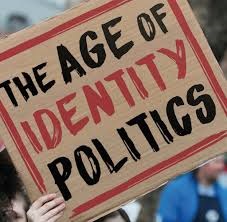End Identity Politics
Objective & Focus Area
Primary Objective
Political Ambitions,Social Ambitions
Glimpse Into The Future
Desired Outcomes
Accountability,Awareness,Introspection,Knowledge,Meaning,Peace of mind,Perspective
Listing Detail
Article Type
Informative
Main Video
Location or Area Impacted
Address
London, Greater London, England, United Kingdom
Next Steps
Help Needed
Collaboration, Publicity, Debate, Public Support, Political Change
Other Help Options
Like or Dislike Listing, Review Listing, Share Listing, Offer Help & Support, Invite Others
Next Steps
If you believe identity politics is causing problems in society, join us and speak out. Help our community make the world a better place.
Post Review
Login to Write Your ReviewThere are no reviews yet.






